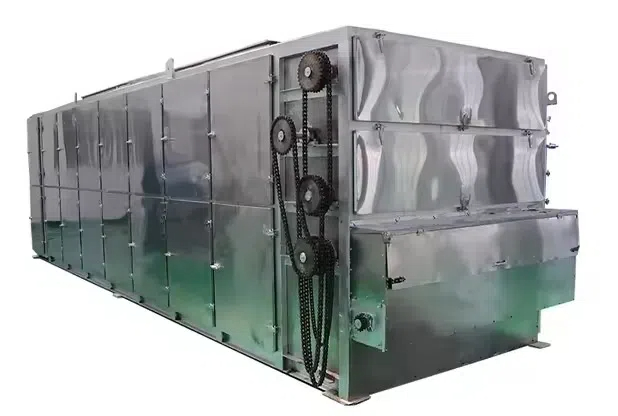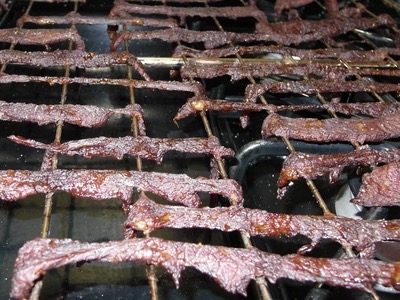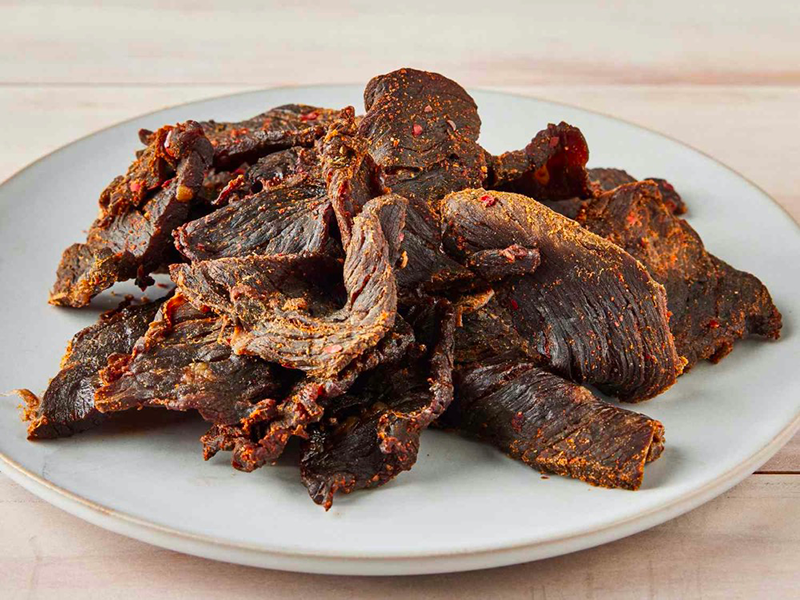Penetration type dryers have revolutionized the food drying industry with their innovative design and energy efficiency. These machines are specifically designed to handle products that can be stacked, offering capacities ranging from 300 to 10 tons, making them ideal for large-scale industrial applications. In this article, we will delve into the technical aspects of penetration type dryers, exploring how they work, their benefits, and their applications in the food industry.

Introduction to Penetration Type Dryers
Penetration type dryers utilize a patented half-vacuum air duct design, which allows hot air to penetrate evenly through stacked products. This design ensures uniform drying across all layers, even when products are densely packed. The adjustable temperature settings, ranging from 18°C to 80°C, enable hot drying, cool drying, and dehumidification functions, making these machines versatile for various food products.
Key Features of Penetration Type Dryers
1. Energy Efficiency: These dryers use only about 25% of the electricity required by traditional dryers, significantly reducing operational costs and environmental impact.
2. Uniform Drying: The half-vacuum system ensures that air penetrates evenly through stacked products, resulting in consistent moisture removal across all layers.
3. Temperature Control: Adjustable temperature settings allow for precise control over the drying process, suitable for a wide range of food products.
Operational Principle of Penetration Type Dryers
The operational principle involves circulating hot air through the stacked products from the bottom to the top. This ensures that all layers of the product are exposed to the drying medium, resulting in uniform moisture removal.
Comparison with Traditional Drying Methods
| Feature | Traditional Drying | Penetration Type Drying |
| Energy Efficiency | Lower | Higher |
| Uniformity | Variable | Consistent |
| Temperature Control | Limited | Adjustable |
| Space Efficiency | Lower | Higher |
Penetration type dryers offer significant advantages over traditional drying methods, particularly in terms of energy efficiency and uniform drying capabilities.
Applications in the Food Industry
Penetration type dryers are widely used in the food industry for drying various products such as nuts, spices, seeds, coffee beans, and cocoa beans. The adjustable temperature settings allow for preserving the flavor and aroma of these products, ensuring higher quality dried goods.
Successful Implementations
1. Coffee Bean Manufacturer: A leading coffee bean manufacturer in South America saw a significant reduction in energy costs and improved consistency in the quality of their dried beans after switching to penetration type dryers.
2. Spice Manufacturer: A spice manufacturer utilized penetration type dryers to dry a variety of spices, preserving delicate flavors and aromas, resulting in higher quality products.
Benefits of Penetration Type Dryers
1. Cost Savings: The energy efficiency of these machines leads to significant cost savings, allowing businesses to reduce operational expenses.
2. Environmental Sustainability: Lower energy usage means less carbon footprint, aligning with global efforts to reduce greenhouse gas emissions.
3. Versatility: Adjustable temperature and humidity control features ensure that different products can be dried under optimal conditions.

Maintenance and Future Developments
Penetration type dryers are designed with ease of maintenance in mind. Regular cleaning of the air ducts and checking for any blockages in the system are essential to maintain efficiency. Future developments are expected to focus on integrating smart technologies and renewable energy sources into drying systems, further enhancing efficiency and environmental friendliness.
Integration of Smart Technologies
The integration of smart technologies, such as IoT sensors and AI algorithms, can optimize drying processes by monitoring temperature, humidity, and airflow in real-time. This allows for predictive maintenance and automatic adjustments to ensure optimal drying conditions.
Renewable Energy Integration
The use of renewable energy sources, such as solar or wind power, can further reduce the carbon footprint of penetration type dryers. This not only aligns with environmental sustainability goals but also provides a stable energy supply in regions with unreliable grid power.
Case Studies: Real-World Applications
Case Study 1: Drying Fruits and Vegetables
A fruit and vegetable processing company in Europe used penetration type dryers to dry a variety of fruits and vegetables. The adjustable temperature settings allowed for preserving the nutritional value and color of the products, resulting in high-quality dried goods that met international standards.
Case Study 2: Drying Herbs
A herbal products manufacturer in Asia utilized penetration type dryers to dry medicinal herbs. The precise temperature control ensured that the active ingredients in the herbs were preserved, maintaining their potency and quality.
Conclusion
Penetration type dryers represent a significant advancement in food drying technology, offering unparalleled efficiency and versatility. Their ability to dry products evenly while minimizing energy consumption makes them an attractive option for industrial-scale food processing. As the demand for high-quality dried foods continues to grow, the science behind penetration type drying will play a crucial role in shaping the future of the food industry.

FAQs
1. What is the typical capacity of penetration type dryer machines?
Penetration type dryer machines are available in capacities ranging from 300 to 10 tons, making them suitable for both small-scale and large-scale food drying operations.
2. How energy-efficient are penetration type dryers compared to traditional dryers?
Penetration type dryers use only about 25% of the electricity required by traditional dryers, making them highly energy-efficient and cost-effective.
3. What types of food products are suitable for penetration type dryers?
These machines are ideal for drying nuts, spices, seeds, beans, coffee beans, and other similar products that can be stacked together.
4. Can penetration type dryers be customized for specific drying needs?
Yes, penetration type dryers can be customized to meet specific drying needs due to their adjustable temperature and humidity control features.
5. How do penetration type dryers contribute to environmental sustainability?
The reduced energy consumption of these machines contributes to environmental sustainability by lowering carbon footprints, aligning with global efforts to reduce greenhouse gas emissions.
Citations:
[1] https://www.dryeratech.com/the-science-behind-penetration-type-drying-technology.html
[2] https://www.dryeratech.com/comparing-penetration-type-dryers-to-traditional-drying-methods.html
[3] https://www.aimheatpump.com/products-78591
[4] https://patents.google.com/patent/CN110207480A/zh
[5] https://www.dryeratech.com/key-features-of-penetration-type-dryer-machines-explained.html
[6] https://www.cens.com/ishow/j/jawchuang/product/42580.html
[7] https://www.s2engindustries.com/products/agitated-nutsche-filter-dryers-anfd
[8] https://patents.google.com/patent/WO2022068971A1/zh











